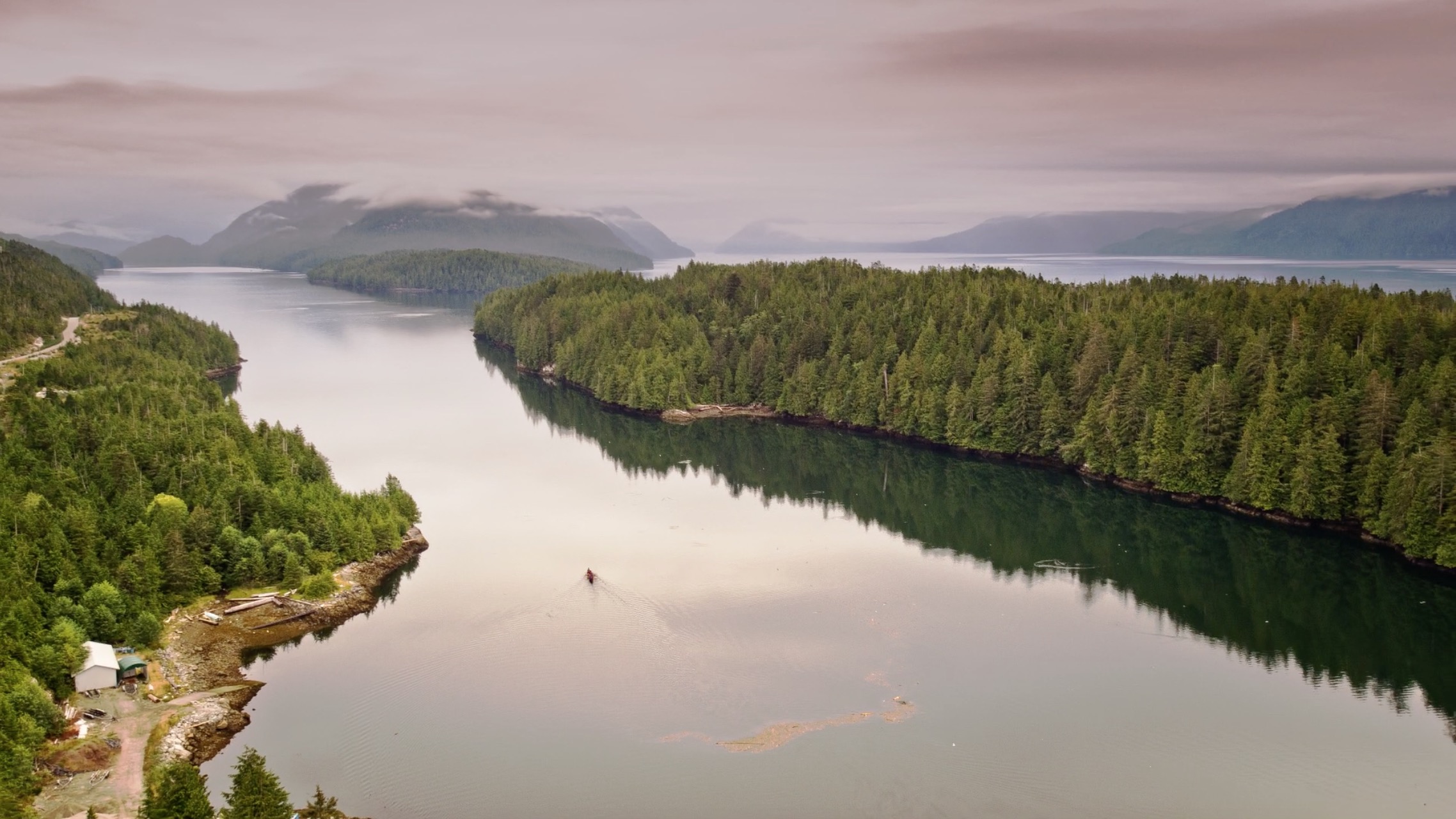Vancouver (June 8, 2016) – On World Oceans Day, Coastal First Nations say the Federal Government’s renewed commitment to ocean protection and co-management is an important step toward reconciliation with First Nations governments and protection of British Columbia’s marine health and ocean economy today and for future generations.
Kelly Russ, new Chair of the Coastal First Nations Great Bear Initiative, says a collaborative process to establish a network of marine protected areas for the north Pacific coast by 2020 will help protect species and ecosystems underpinning the BC’s ocean economy. “Co-governance of the Northern Shelf Bio-Region marine planning process between Canada, BC and First Nations promises to give real meaning to reconciliation, and to oceans and fisheries co-management,” says Russ.
“CFN is not about preserving a choice at the super market but protecting cultures that have and continue to be defined by their integral ties to the ocean,” he said.
Coastal First Nations will be seeking a significant increase in marine protection through the process – guided by minimum global targets set by the Convention on Biological Diversity of which Canada is a signatory.
“Our standards are high for the ecologically outstanding Great Bear region. We have very little meaningful marine protection in place to protect our ocean health and coastal economy, and almost no areas closed to commercial fisheries. Our marine areas are our lifeline and continue to define our respective cultures,” says Russ. “We want to see a significant increase in the ocean area that is fully protected from commercial and industrial activity. And we want to develop ecosystem-based measures to ensure 100 per cent of our marine region is well-managed.”
Currently only .1 per cent of the region – including the North and Central Coast, and Haida Gwaii – is fully protected from industrial activity such as commercial fisheries. The federal government recently reaffirmed its commitment to protecting 5 per cent of Canada’s marine and coastal areas by 2017 and 10 per cent by 2020.
Consultations for the Northern Bio-Shelf Region planning process will begin in the fall. As tripartite partners, Russ says First Nations will be participating in marine protection and fisheries discussions not as stakeholders, but as governments with title, stewardship responsibilities, and constitutionally-protected rights. “We’re interested in working with industry and environmental organizations but we’ll be deciding what’s best for our Traditional Territories,” Russ says.
British Columbians share First Nations’ concern over growing ocean threats to BC’s coast. A 2013 Vision Critical poll shows 92 per cent polled think that more than 30 per cent of coastal areas should be protected.
LINKS
World Ocean Day 2016 – Healthy Oceans, Healthy Planet
The Government of Canada proposed the concept of World Oceans Day in 1992 at the Earth Summit in Rio de Janeiro. Celebrated world-wide ever since, the United Nations officially declared June 8 as “World Oceans Day” in 2009.
Marine Planning Network Initiative for Canada
DFO leads the development of networks of marine protected areas in five priority bioregions across Canada: the Pacific North Coast, Western Arctic, Newfoundland and Labrador Shelves, Scotian Shelf and Gulf of St. Lawrence. The Northern Shelf Bio-Region planning process for BC’s north coast is co-led by: the Government of British Columbia, the Government of Canada and 17 First Nations.
Convention on Biological Diversity
“In 2010, Canada agreed to marine conservation targets established under the Convention on Biological Diversity (CBD) to conserve 10 per cent of the country’s coastal and marine areas. This target is to be reached by putting in place effectively managed networks of protected areas by 2020.”
-30-
For more information or interviews, please contact:
Kelly Russ, Chair of the Coastal First Nations
Mobile: 604.828.4621
Email: kruss@coastalfirstnations.ca
www.coastalfirstnations.ca

